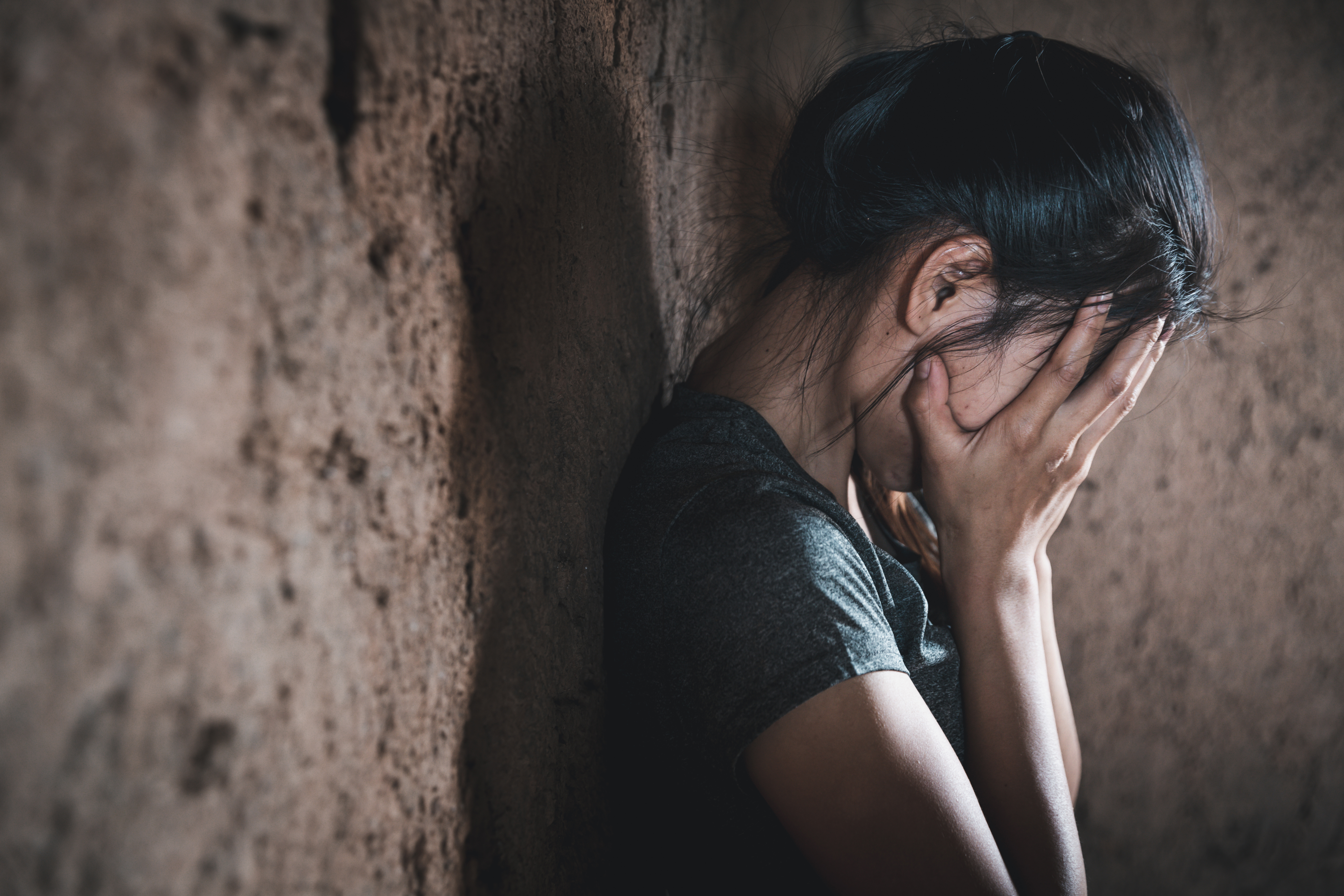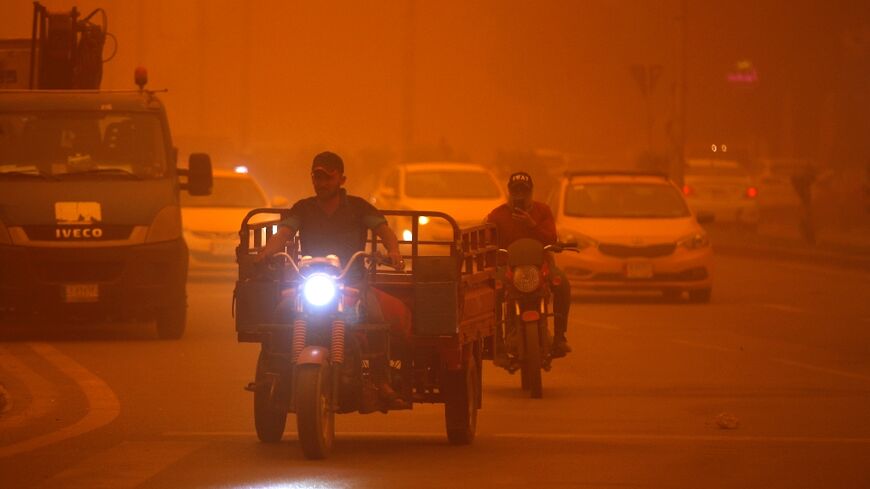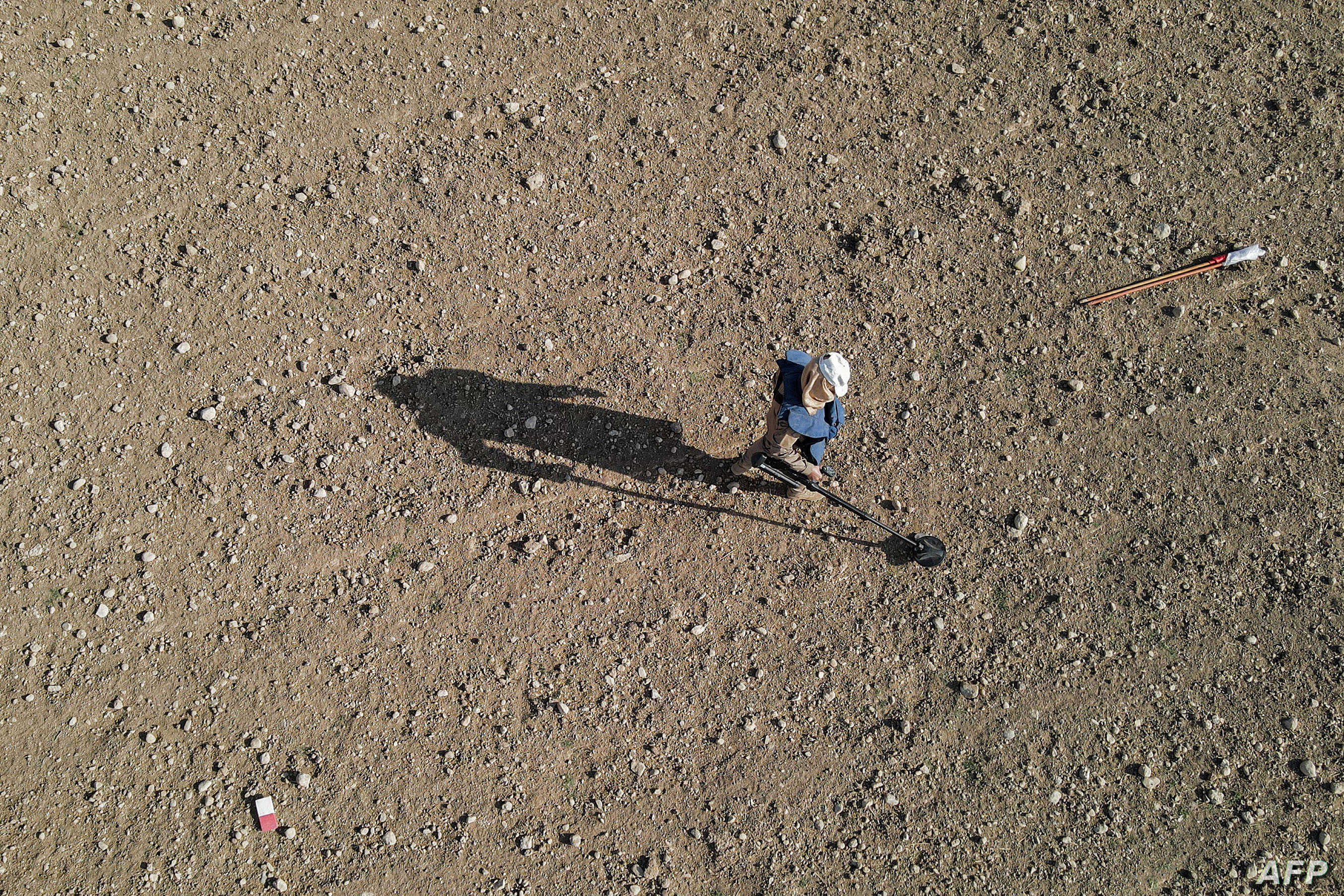The Iraqi Observatory for Human Rights said that cases of sexual and verbal harassment are on the rise in various government and private institutions, including residences in Iraq, according to testimonies of victims and eyewitnesses.
The observatory listened to personal accounts and conducted countless interviews with women and men, security officers, journalists, and teachers about harassment incidents that happened in hospitals, universities, schools, government and private agencies, as well as in the media.
For fear of "social shame" and clan persecution, all of the speakers asked not to be named or divulge any information that may lead to identifying them or the "perpetrators" of the harassment cases mentioned in this report.
"sex for medicine"
A lady informed the Iraqi Observatory for Human Rights, on condition of anonymity, that she was taking her cancer-stricken mother to Al-Amal Hospital in Baghdad for treatment when a hospital staff sexually "bargained" with her in return for her mother's care.
She went on to say, "His signature was required for my mother's treatment. I thought about how to solve the problem and did not tell my father so as not to increase his troubles, and I was afraid that my mother would be harmed if she filed an official complaint, as officials do not stand with a citizen, so I kept quiet''.
After one day the accident, her mother passed away. She also added, "I was also subjected to two cases of harassment as well. The first was by a university professor who lowered my academic degree in his subject because I refused his harassment of me, even though I was in second place in my class at the bachelor's and master's levels.''
However, this "punishment" was less severe than what happened to a female colleague who was "harassed by a professor as well, and she did not respond to him, so he dropped her in his subject." As for the second case of harassment that the spokeswoman was subjected to, it was after she applied for a position as a reporter on a TV. Channel: "The chief correspondent harassed me, so I had to withdraw despite my competence.''
A journalist told the Iraqi Observatory for Human Rights about a similar incident but asked that his identity or the name of the organization he works with not be used.
In an audio recording he sent to the Iraqi Observatory for Human Rights, he said, "A director in our institution harassed one of the female colleagues inside the headquarters where we work, so she took the initiative to beat him and then was fired after he falsely accused her of stealing money from her colleagues' bags.''
"A university professor forcibly touches his student's chest"
A colleague explained ''Student (Z.K.) was sexually harassed in a professor's office at the University of Baghdad. "I visited his room to ask him about an academic subject, and he pressed his hand against her chest, and that led her to file a complaint with the university administration, which prohibited him from teaching for a whole year,"
Her colleague, who is studying for a master's degree, and asked not to be named to avoid administrative harassment, added that "a professor in the same college called another colleague late at night and asked her to show him her bare chest and other sensitive places of her body, and she later argued that he was taking a drug that affects his mind.''
This case "did not reach the Deanship of the College or the Presidency of the University, because it is not surprising and almost natural and everyone knows it and brings the female students nothing but trouble and a bad reputation despite their being victims. Therefore, the majority of them prefer to remain silent and rarely one of them dares to file an official complaint while they do not speak at all."
Except for those of their colleagues who trust him and sometimes seek help and advice,” according to the testimony of a graduate student who witnessed one of the harassment attacks.
According testimonies heard by the Iraqi Observatory for Human Rights, as well as the interviews it conducted, harassment is also occurring in schools, affecting female students as well as male and female teachers.
In Baghdad, a teacher told the Iraqi Observatory for Human Rights, “The director of the school where I work asked a female colleague to have a sexual relationship, but she refused, so he annoyed her so much that she moved to another school.''
The observatory also listened to an audio record documenting a teacher in Al-Diwaniyah Governorate asking a female student to have a sexual relationship as well. Then an investigative committee was formed regarding the incident, which a journalist brought with the evidence to the office of the Minister of Education.
A student at a night school in Baghdad reported that his colleagues, who are older than the morning school students, "do not stop harassing our unpaid female lecture that teaches us, without any accountability or attention even from the school administration.''
During an interview with the Iraqi Observatory for Human Rights, Balsam Mustafa, a feminist activist and researcher at the University of Warwick in England, said: “Social psychology studies indicate that there is a strong social stigma surrounding harassment in its various forms globally, which leads girls and women to remain silent and not reveal their experiences or report any case of harassment they are exposed to.''
She continued: "This stigma is related to an inferior view of women fueled by a dominant patriarchal culture that blames the victim, which weakens her self-confidence and loses her sense of safety, as she fears that she will face ostracism or reprimand and punishment. All of this necessitates the enactment of strong laws accompanied by awareness and educational campaigns to change the established concepts and strengthen the spirit of Solidarity with Iraqi women.
''Policemen bargaining"
Police sergeant (AM) tells the incident of an Arab beggar bargaining, who was caught by his patrol in a street in Baghdad holding no official papers or a residence permit.
According to the corporal's testimony, 'Before the patrol commander called our senior leadership via the wireless and informed them of the situation, panic appeared on the beggar's face, so he asked her to have sex in exchange for letting her go, which is what actually happened."
'Even homes are not safe"
People of both sexes and of different ages told the Iraqi Observatory for Human Rights that they “were subjected to cases of sexual and verbal harassment by workers, passers-by and drivers, including the elderly, in restaurants, markets, public parks, streets, taxis, public transport, and even in some places of a religious nature, although some of the victims were not alone at the moment of the harassment and their clothes were wide.
"Parents and Brothers Harassing"
The staying of many girls, young women and married women in their homes does not mean that they are safe from harassment, as they are subjected to it by their fathers or their brothers or relatives, to the point of rape and having sex with them under threat and by force.
Stories and testimonies heard by the Iraqi Observatory for Human Rights unanimously indicate that the majority of harassment victims prefer silence in order to avoid “hassle, bad reputation and societal stigma, as well as distrust of courts and police stations and the difficulty of proving cases before them, and the moral embarrassment that this includes, extending to the victim’s family in a conservative society dominated by patriarchal concepts and strict clan customs in matters of honour.''
''Clans settle cases instead of courts''
According to Article 396 of the Iraqi Penal Code, anyone convicted of harassment by force, threat, or subterfuge faces a sentence of seven years in prison, which is increased to ten years if the victim is under the age of eighteen, while Article 402 of the same law stipulates that the "harasser of the request" faces a sentence of three months in prison or a fine, with the penalty being doubled to six months in prison if the act is repeated, which experts consider insufficient to deter the required action.
The website of the Supreme Judicial Council mentions, in a report, it provided on September 15, 2019, about the judge of the Karkh Investigation Court in Baghdad, Saima Naim Huyim, as saying, “The courts receive many cases and complaints about cases of harassment, but often these cases end with conciliation and one of the reasons is due to Tribal reconciliation and the fact that the Iraqi society is conservative.
''An urgent need for a new law''
In an interview with the Iraqi Observatory for Human Rights, law expert Ali Al-Tamimi feels that "a new legislation, which pulls together dispersed legal resources, is urgently needed to discourage harassment, which has become a regular phenomenon in Iraq with its psychological and social ramifications. Harassment has become more common as a result of technological advancements and the expansion of social networking sites.''
The Iraqi Observatory for Human Rights urges the higher authorities in Iraq to tighten follow-up and activate legal procedures against harassers and allocate departments trained to deal with harassment cases to ensure that perpetrators do not go unpunished first, and to maintain the confidentiality of the identity of the victim who reports what she is exposed to secondly.
The Observatory also urges Parliament and the Supreme Judicial Council to work together to set stricter regulations and policies to prevent harassers and ensure that they are not exempt from punishment due to "tribal reconciliation", particularly if they are government personnel.
The Iraqi Observatory for Human Rights confirmed that these issues severely affect the psyche of the victims and affect their future, including study and work, leading them to migrate and commit suicide.




